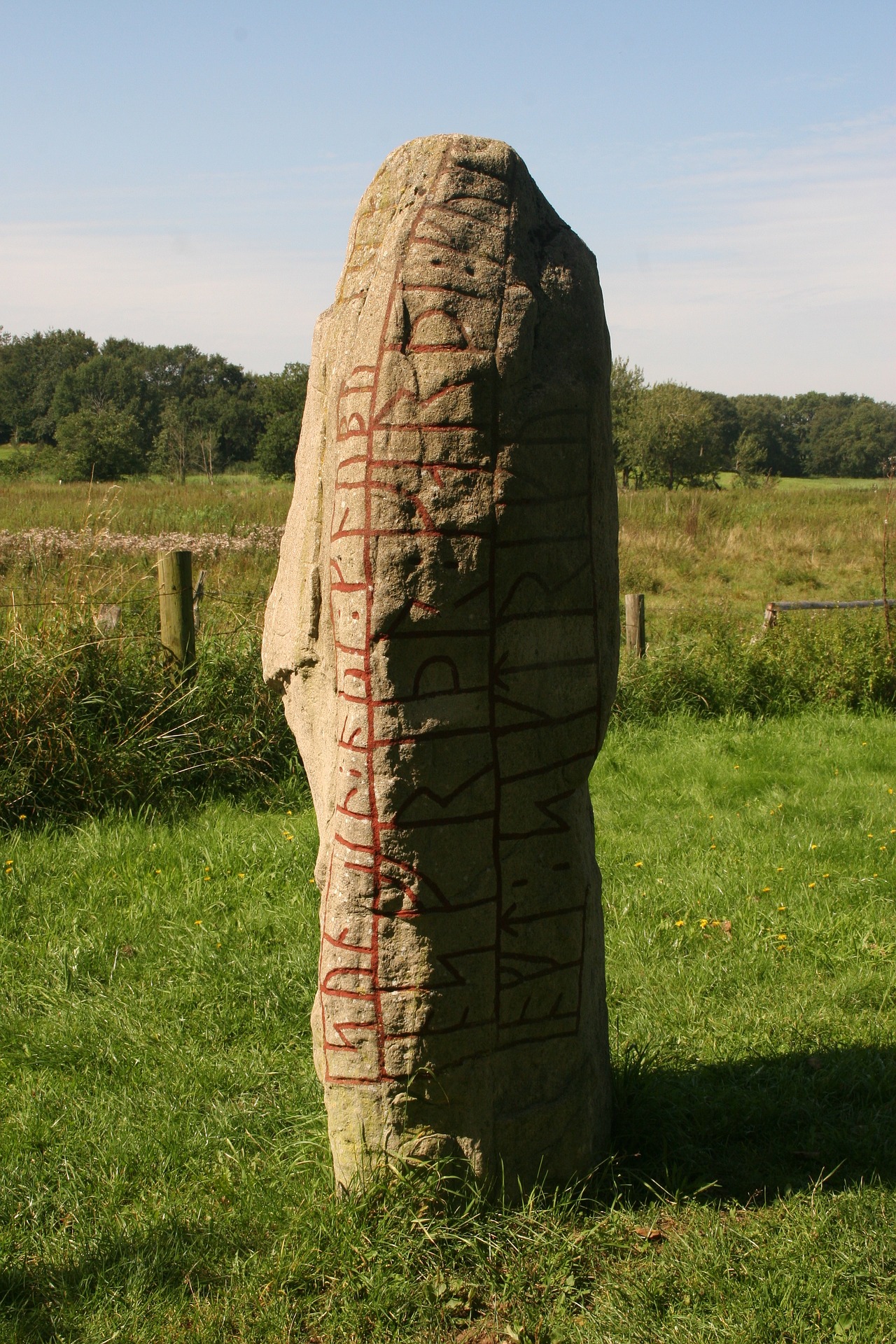
I’m taking a class on the Vikings. Yes, it’s ok to be jealous.
One of the things that historians struggle with is the fact that we have no written sources from the Viking period written by any of the people engaging in going “a-viking.” “Viking” is this culture was a verb, the people that we call “vikings” were called “pirates” or “raiders” by those upon whom they… raided. Which means that we have no idea what they were thinking, or why they were raiding their neighbors with such violent energy. What we do have is an oral tradition that was passed down over the years in the form of sagas, which were later written down by Christian writers. So, we have these incredible sagas that give us a sense of the beliefs and culture of the Norse people. But according to many authors, an oral culture doesn’t amount to much. Without writing, people are incapable of leaving behind evidence of their intelligence and mastery, therefore we label them as less than, or othered from what literate societies consider developed or meaningful. Goody and Watt, for instance would argue that this is the case.
However, doing this negates the intelligence and intellectual prowess of these societies. These societies relied on a system of law, and in order to settle disputes employed individuals who were to memorize the legal codes wholesale. To make a mistake during the recitation of these laws could be punishable by death. In cities like Dublin, Ireland and York, England the rise of urban development – carefully plotted streets and lots – are a direct result of Norse influence. To say that literacy impedes developed and higher order thinking is akin to arguing that aliens built the pyramids because there is no way humans during that period were capable of such feats of engineering.

